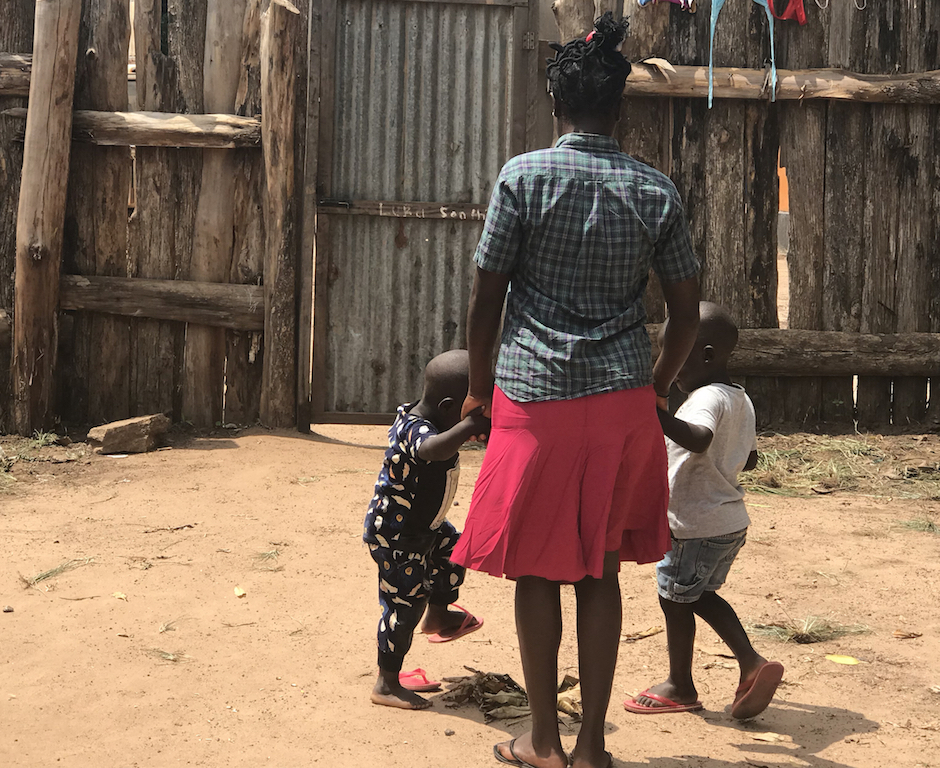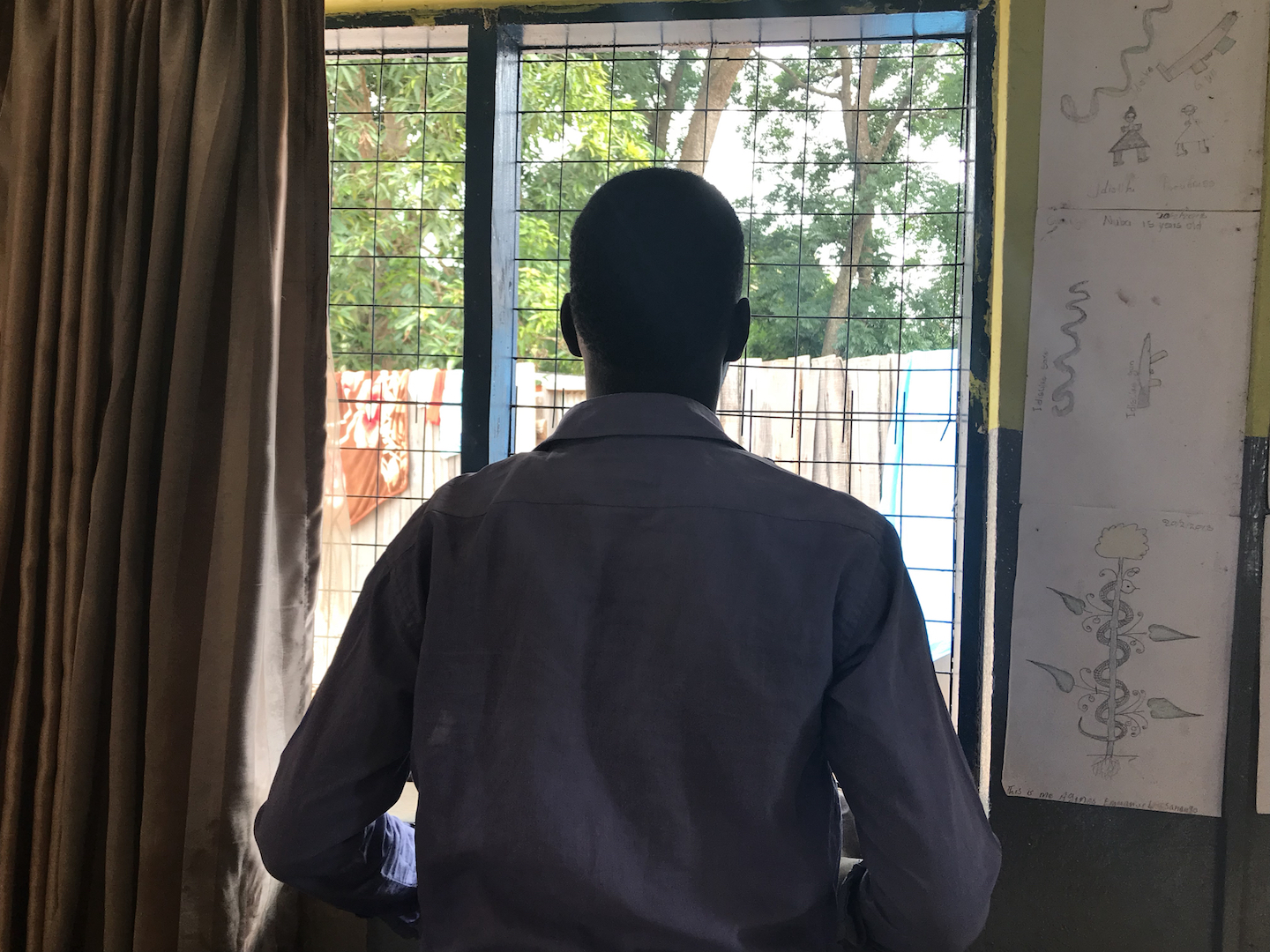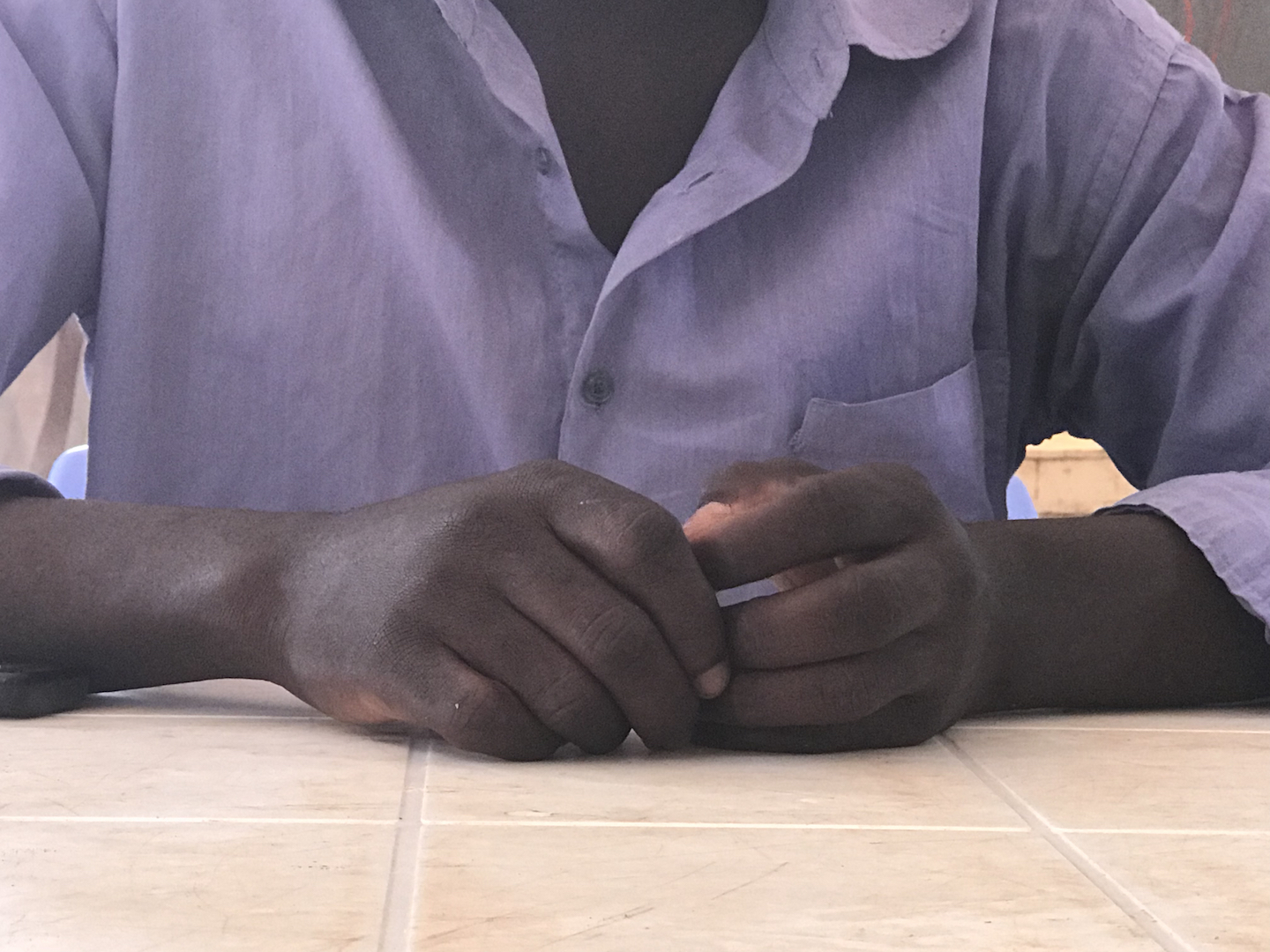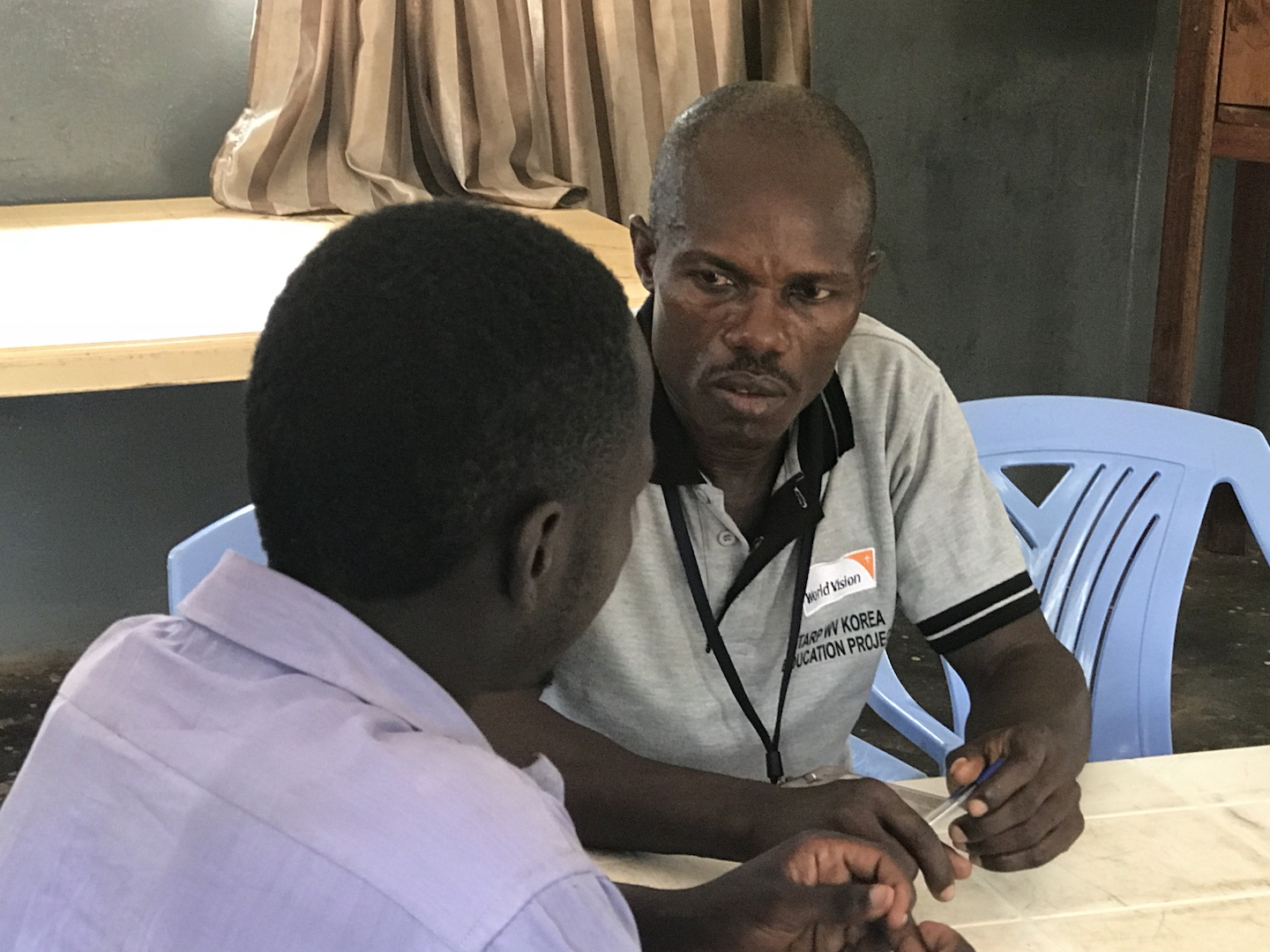Survivors of South Sudan’s conflict: Former child soldiers deplore the things they were made to do
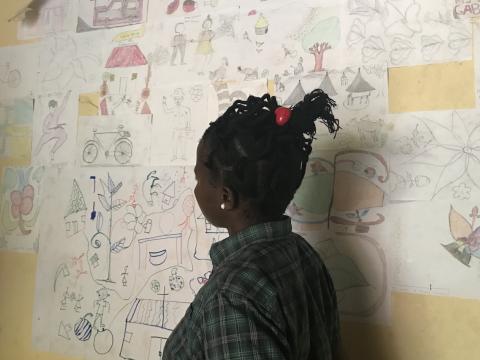
She wrung her hands for countless times. The depth of her pain and sadness can be seen through her eyes but cannot be fathomed. Rose* was one of the 311 South Sudanese children released from the captivity of an armed group last February 2018. She was remorseful but is resolute to change her life for the better.
“I felt guilty doing horrible things that I was made to do. But I have to follow orders or get killed. We were told they could even kill our families if we resist. It was not easy to forget them but I am trying”, 17-year old Rose says as she remembers her life in the hands of the armed group for three years.
“We heard the shots. Then all of us were herded together, blindfolded and we started walking. We were all scared. I was thinking I will never see my family again”, she says. Along with countless children in the primary school where she studies, Rose was abducted and was made to walk for days until they reached another county 15km away where the armed group’s camp was located.
After the conflict on December 2013, a United Nations report released last February 2018 states that around 19,000 children are still being used by armed groups.
We have no choice
As soon as they settled in the camp, they went through the training on how to use weapons and other fighting tactics and skills. “I was not comfortable with what we were taught but there was no choice. After the training, we were sent out to do robberies in nearby villages and at times, abduct more children,” she continues.
At 14, Rose became a young mother to James*, a baby boy who is now 3-years old, with one of the armed group’s leaders. Then he was followed by another boy John*, now 1-year old. She was able to escape with her two children after a commotion in the camp.
When she heard from a radio announcement that the government were encouraging former child soldiers to register so they can be properly supported, she immediately did.
“Often, I feel so guilty thinking about the things I was made to do. I pray for God’s forgiveness and that one day, I will be free of these thoughts. I always remind myself I was taken against my will and even the things I did were not what I wanted to do”, she says, adding, “I would have wanted to become a doctor helping save people’s lives.” She said that was her dream before she was abducted.
Rose added that the psychosocial support she is receiving from World Vision is helping here deal with the experience.
A dream for lasting peace
Rose’s dreams are still alive. She said she wants to finish her studies, find a job that can support her children and give them a bright future. “I want to learn some skills and use my hands productively”, she explains. She also hopes for lasting peace for South Sudan. She further adds, “Many of the victims of this conflict are the children like me and vulnerable women.”
Justine Abenaltwe, Child Protection Specialist, said having a safe place to play and interact with other children help a lot in healing and coping with this difficult condition. As soon as they are assessed to be ready, they are safely integrated with their families and community. They are assisted with activities that will enhance their resilience.
Other children should learn from my experience
Another child soldier, a 17-year old boy, has expressed his wish, “I want other children to learn from me. I do not want anyone to go through what I have experienced. When they know that the place is insecure, they should avoid it.” He still has concerns for his safety knowing his abductors are just roaming around in town. “I do not want to go back. I want to go far away where they cannot reach me,” he adds.
World Vision, in partnership with UNICEF, runs the centre that currently houses 15 former child soldiers, out of the 83 children, who were assessed to have high protection risks. Medicins Sans Frontieres (MSF) provides support on mental health issues with a psychologist looking into the children’s psychosocial needs.
Building community resilience
The place is non-descript to keep the children’s privacy and safety. Apart from the former child soldiers, other children at risk are also in the care of the centre until they are ready to go back to their families and communities and resume the normal life they left behind. Sixty-eight children were already sent home and are reunited with their families.
World Vision provides the comprehensive case management for children associated with armed conflict and other vulnerable ones. The services provided include two interim care centres for children, family tracing and reunification (FTR), vocational studies, support for formal education, livelihoods support, strengthening communities to support these children.
The program is manned by a child protection specialist,14 social workers, three FTR officers, monitors and two interim care center (ICC) supervisors. Six matrons and patrons were also around to provide parental care and guidance.
Odetta Miwai James, ICC supervisor, said the centre is equipped to provide the children like Rose and other children with psychosocial support, literacy and numeracy education and continuing protection assistance to ensure that they go back to society fully healed of the traumatic situation they went through.
The journey is expected to be challenging, even difficult, for many of the child soldiers of South Sudan. It is unthinkable that at their young age, when many of the children around the world are growing up in the care of their parents and loved ones, these children from South Sudan have to survive the horrors of conflict, even scarred for life.
Education Officer Michael Mawa acknowledges the enormity of the challenge for these children. He had been witness to the havoc that the conflict had brought down to his people. “Our commitment is to continue supporting these children so they achieve the future that they deserve”, says Nhamo Ndebele, World Vision’s Zone Manager in Western Equatoria Region.
World Vision’s work in South Sudan responds to the needs of over a million people through various initiatives including food and cash assistance, health and nutrition, protection, education, food security and livelihoods, water, sanitation and hygiene.
*Names were changed to protect the identity of the children
Story and photos by Cecil Laguardia, Communications Manager
